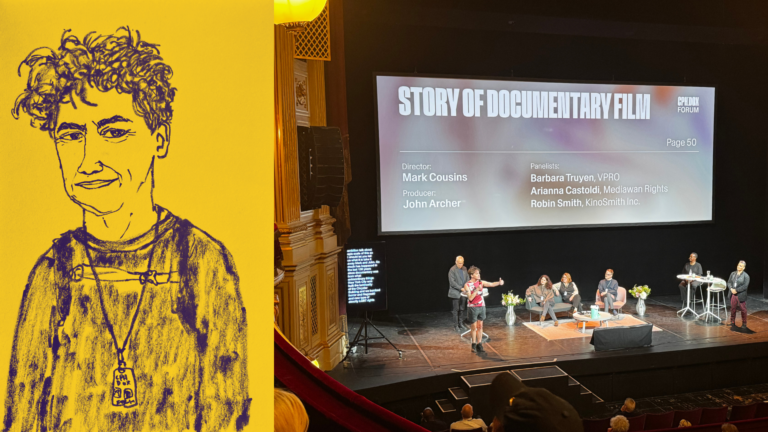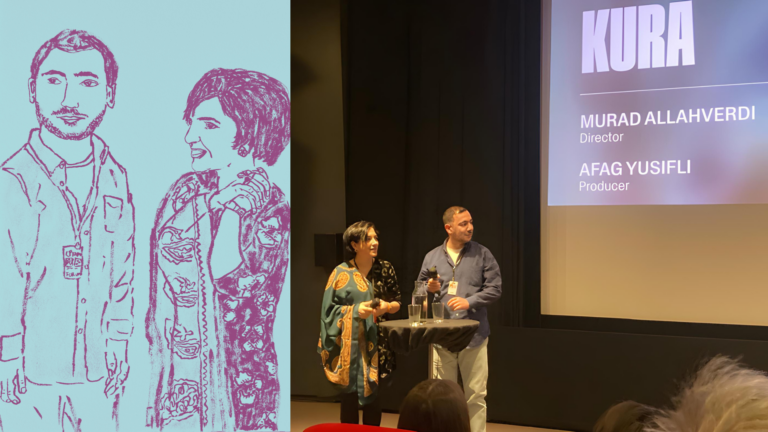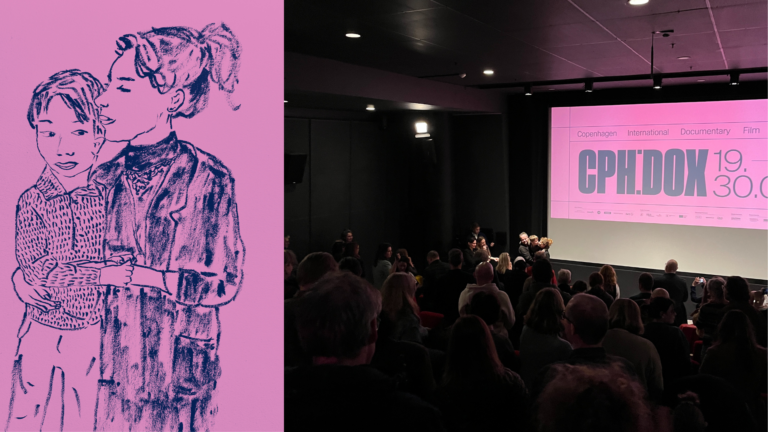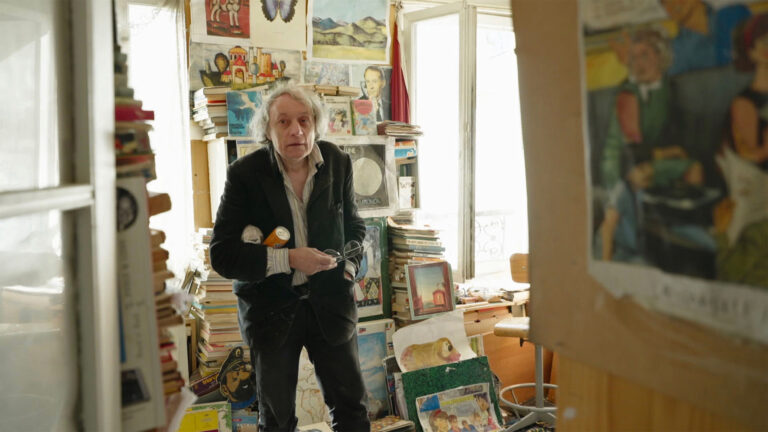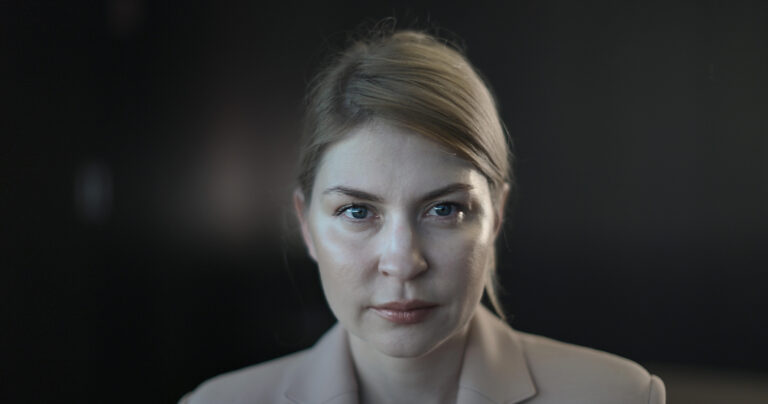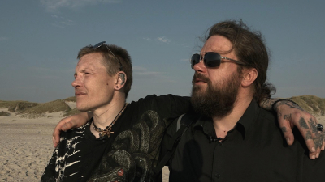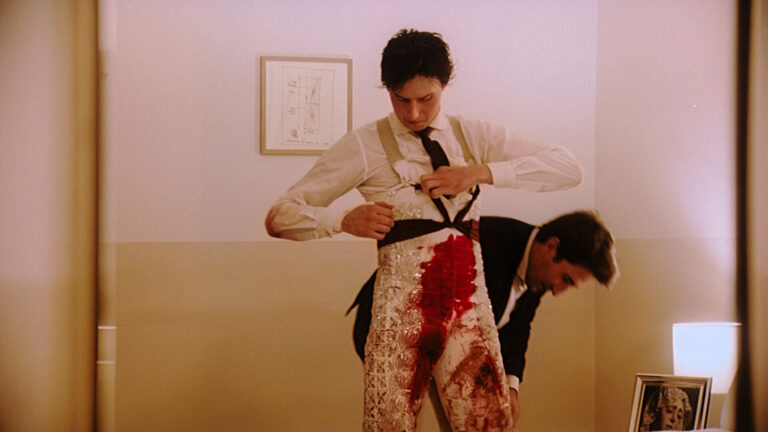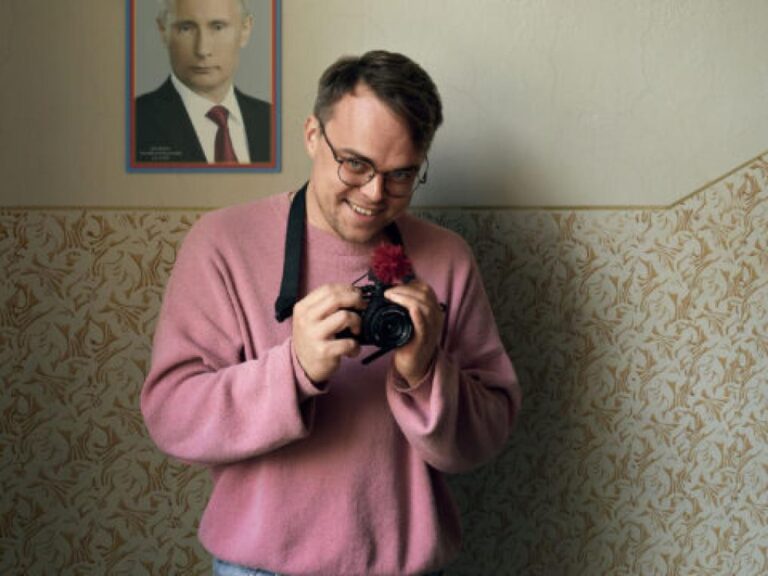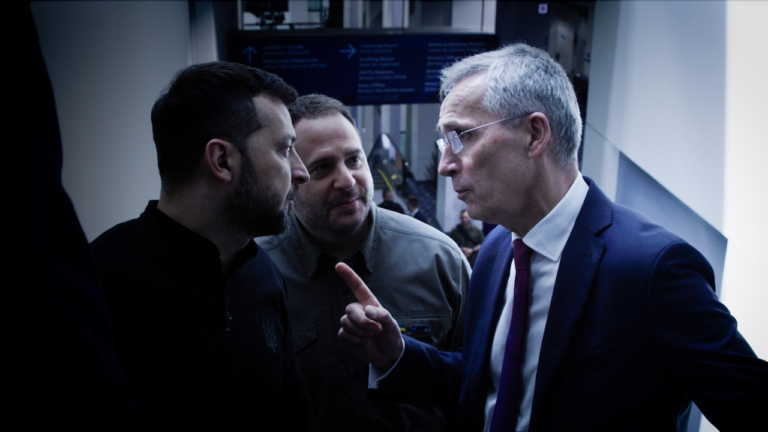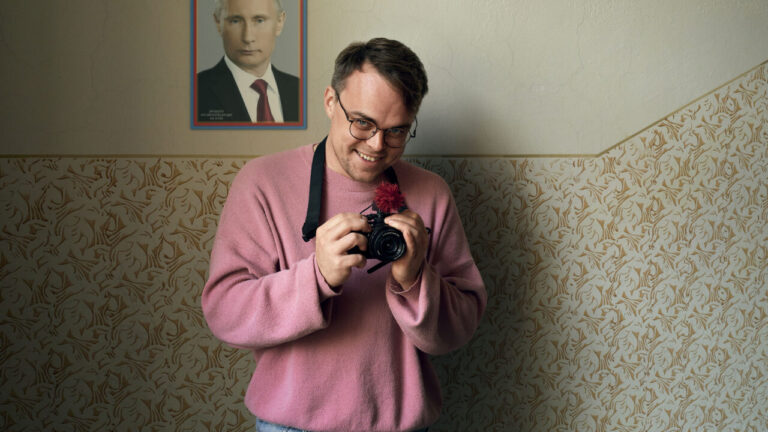Jeg har sakset lidt i en pressemeddelelse fra cph:dox for at fremhæve festivalens landsdækkende success, hvor mere and halvdelen af Danmarks kommuner er med i festivalen. Sådan skal det være skriver denne tidligere ansatte ved Statens Filmcentral, som netop var landsdækkende i sin virksomhed med filmvisninger i skoler, kulturhuse, biblioteker og biografer, en gang imellem. Nu er dokumentargenrens popularitet and festivalens suveræne sans for promotion baggrunden for at film, som vi københavnere kan se på det store lærred også er at finde landsdækkende. Det er filmpolitik, det er kulturpolitik og det manglede bare! Her er klip fra pressemeddelelsen:
Vild vækstkurve: DOX:DANMARK – den landsdækkende udgave af dokumentarfilmfestivalen CPH:DOX – har på få år femdoblet sin størrelse og når i 2025 ud til rekordmange danskere.
I år er der synkront med festivalen i København lokale dokumentarfilmfestivaler i mere end halvdelen af Danmarks kommuner, der vil give biografgæster over hele landet mulighed for at opleve dokumentarfilm om alt fra Putin og Netanyahu over Cirkeline og Prins Joachim.
CPH:DOX og DOX:DANMARK foregår fra den 19.-30. marts
Stor interesse på tværs af hele landet
På blot tre et halvt år er CPH:DOX’ nationale udgave DOX:DANMARK vokset til mere end femdobbelt størrelse. Tilbage i efteråret 2021, hvor festivalen søsatte initiativet, deltog 9 kommuner – i år er antallet steget til intet mindre end 54. Dermed er mere end halvdelen af landets 98 kommuner en del af dokumentarfilmfestivalen, som også er en af de største på verdensplan, og som hvert år præsenterer både dokumentarfilm, talks, debatter, kunst og en bred vifte af andre events.
”En filmfestival som CPH:DOX skal være for alle danskere, uanset hvor de bor. Derfor er vi virkelig stolte over, at så mange kommuner nu bakker op om DOX:DANMARK og giver deres borgere mulighed for at deltage i deres egen, lokale filmfestival. Det vidner om, at der er stor interesse for dokumentarfilmgenren, og for alle de vigtige samtaler, der følger med,” lyder det fra Niklas Engstrøm, der er kunstnerisk direktør i CPH:DOX.
Fra Putin til Prins Joachim
Uanset hvor i landet man bor, er der god chance for, at man i en af nærområdets biografer kan opleve dokumentarfilm og forskellige dokumentarrelaterede events under DOX:DANMARK. Faktisk er det over 100 forskellige biografer og kulturinstitutioner, fordelt i de 54 kommuner, der inviterer deres lokale publikum indenfor. Biograferne vælger selv, hvilke film de vil vise ud fra en liste på mere end 20 film fra årets festivalprogram.
En af de dokumentarfilm, som mange biografer i DOX:DANMARK gerne vil vise, er Mr. Nobody mod Putin (foto) hvor vi følger en modig skolelærer, der i al hemmelighed filmer, hvad der sker i det russiske skolesystem i kølvandet på Putins invasion af Ukraine. Men mange biografer i DOX:DANMARK er naturligvis også interesseret i film fra egen hjemmebane. Flere steder vil man således kunne opleve dokumentarfilmen Hærvejen, hvor Prins Joachim og forfatter Steffen Jacobsen begiver sig ud på den danske vandresti, mens de taler, reflekterer og diskuterer om stort og småt.
Danmarks dokumentarglade biografgængere kan også se frem til blandt andet Facing War om Jens Stoltenberg, Kærestebreve fra Thy om det danske band Ganger, Take The Money and Run om Jens Haanings bemærkelsesværdige kunstværk, der endte i en stor retssag – og rigtig mange andre.
Meget mere end dokumentarfilm
Men CPH:DOX nøjes ikke bare med at vise film. Ud af de mere end 300 visninger arrangerer festivalen også omtrent 150 skræddersyede events efter visningerne, hvilket kan være alt fra instruktør-besøg til brætspilsaftener, rock- og jazzkoncerter, og ekspertoplæg – blandt andet med kendte navne som den tidligere danske toppolitiker og nu direktør i Tænketanken Europa Lykke Friis, kunstner Jens Haaning, tidligere fodboldspiller Jonathan Richter, forfatter og Rusland-kender Leif Davidsen, musiker Karen Mukupa, livsstilsekspert Flemming Møldrup og ikke mindst hele Danmarks yndlings-ægtefælle fra ‘Gift ved første blik’, Morten Mortensen.
Der skal også være plads til de skæve events, såsom en lokal rengøringsdame der læser sine digte op inden visning af Kærestebreve fra Thy, hekseritualer i forbindelse med filmen Heks, og en lokal danseskole der laver K-pop dans i forbindelse med visningen af dokumentarfilmen Forever We Are Young om K-pop-gruppen BTS – og rigtig meget mere.
Alt sammen arrangeres i tæt samarbejde med de lokale kulturaktører, og de individuelle programmer vil fremgå af biografernes egne hjemmesider og på cphdox.dk/doxdanmark



